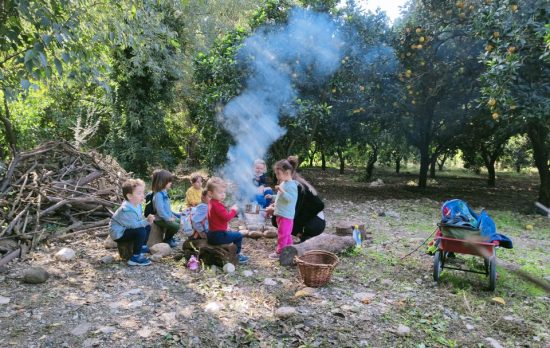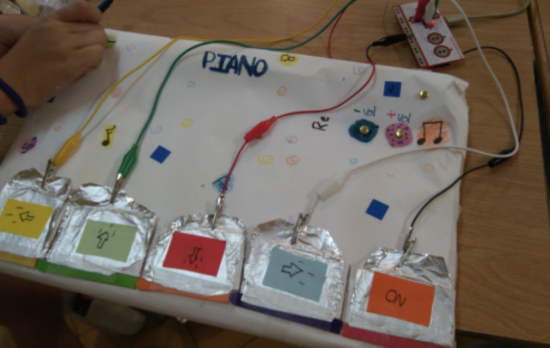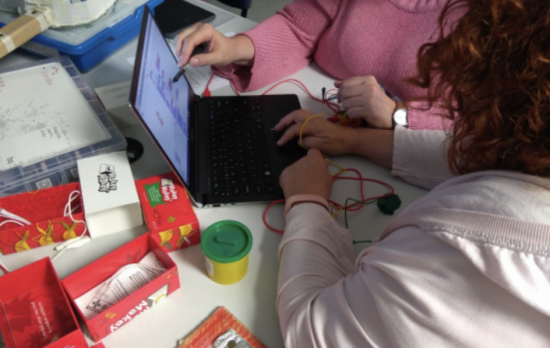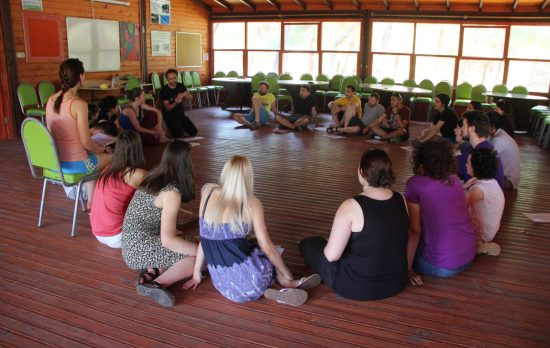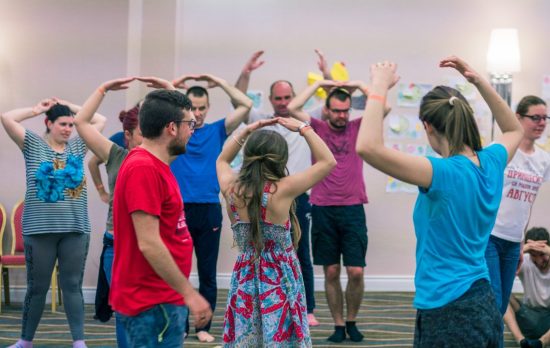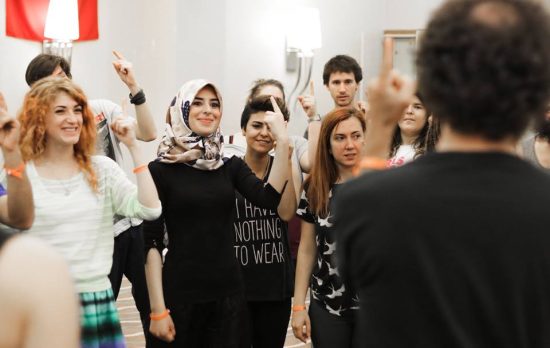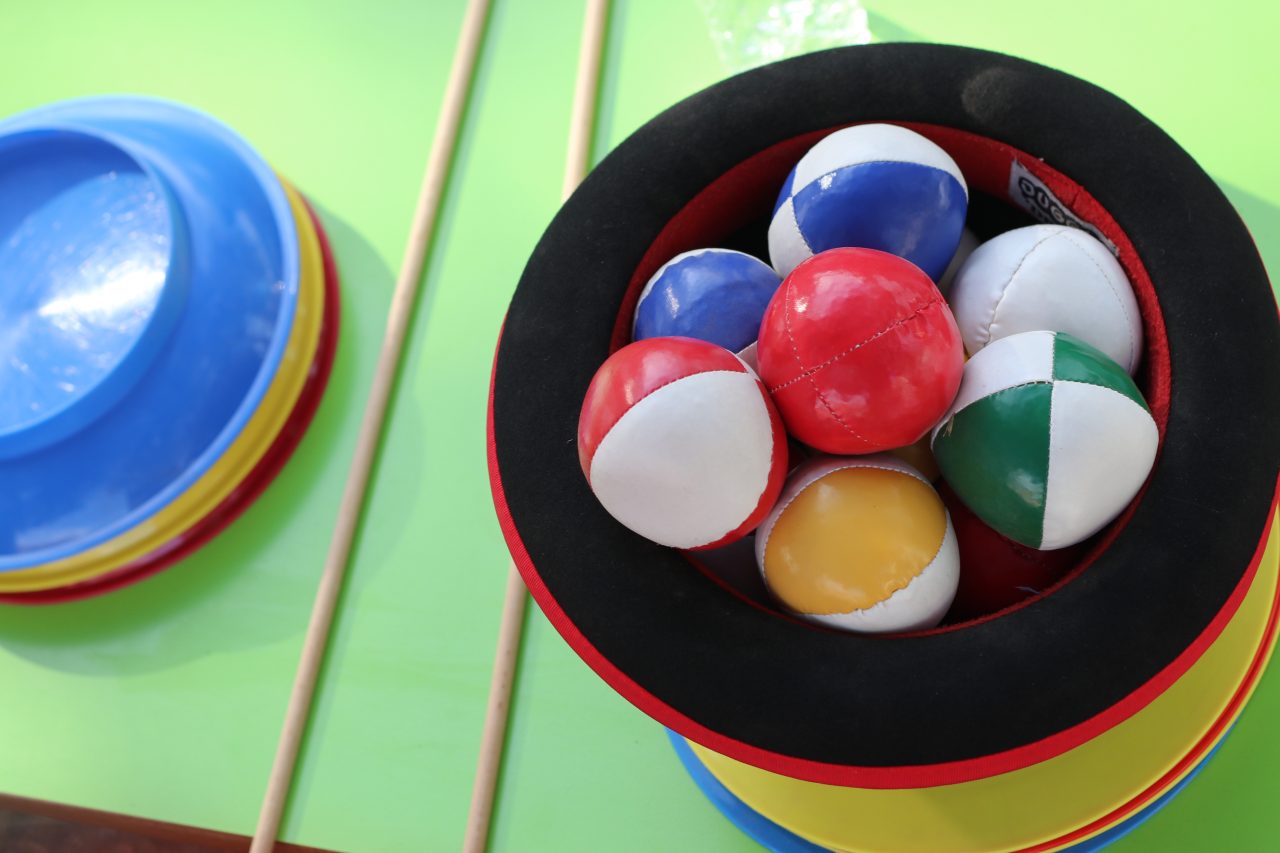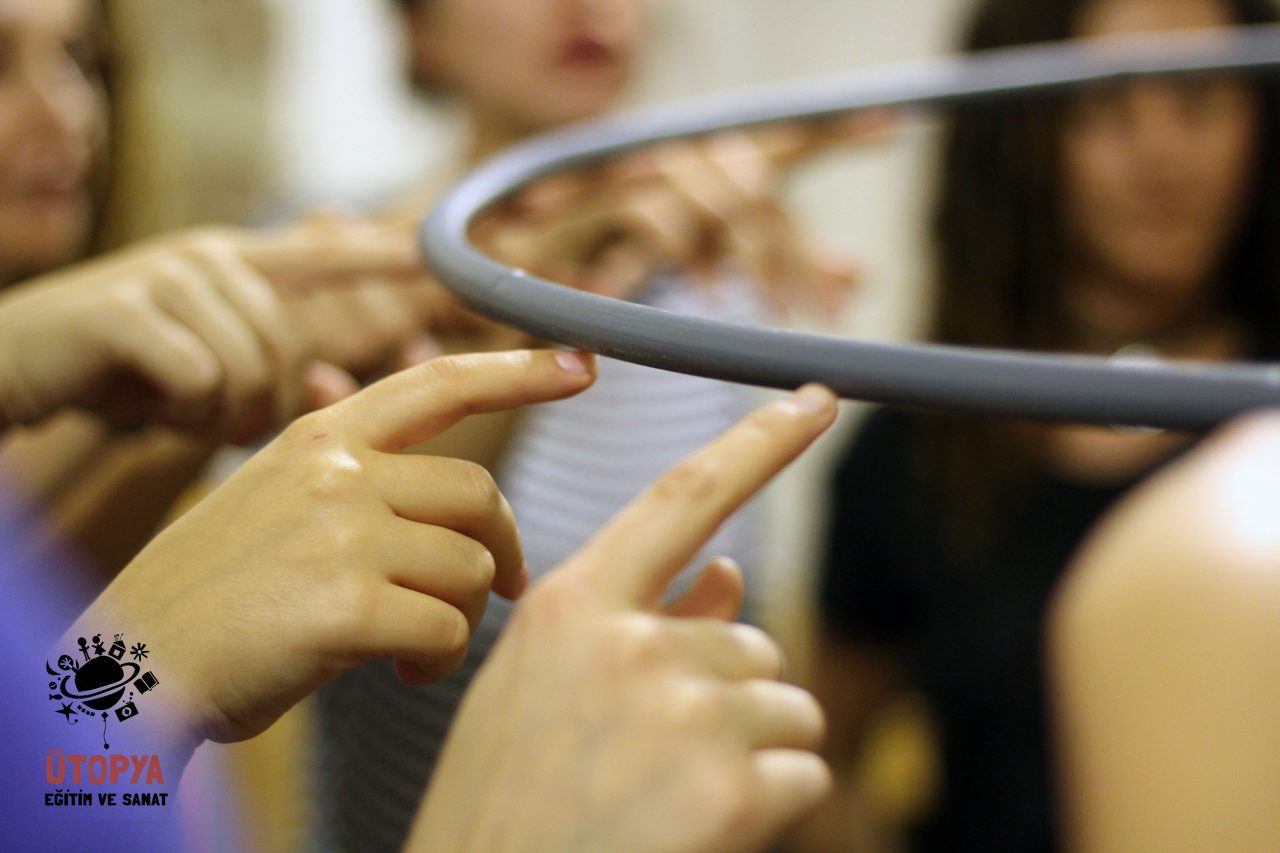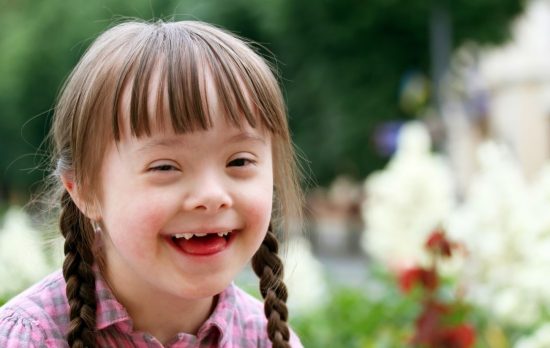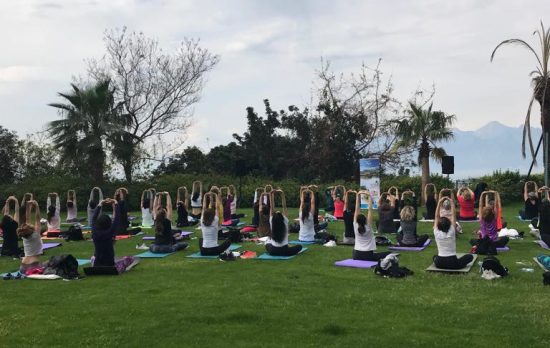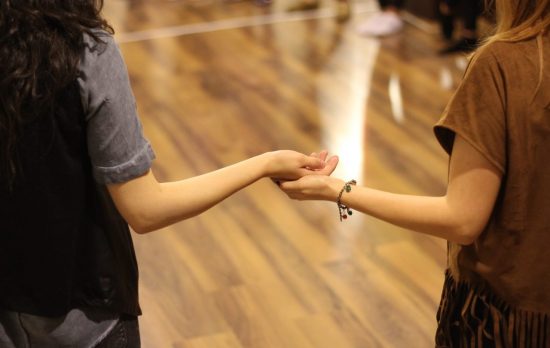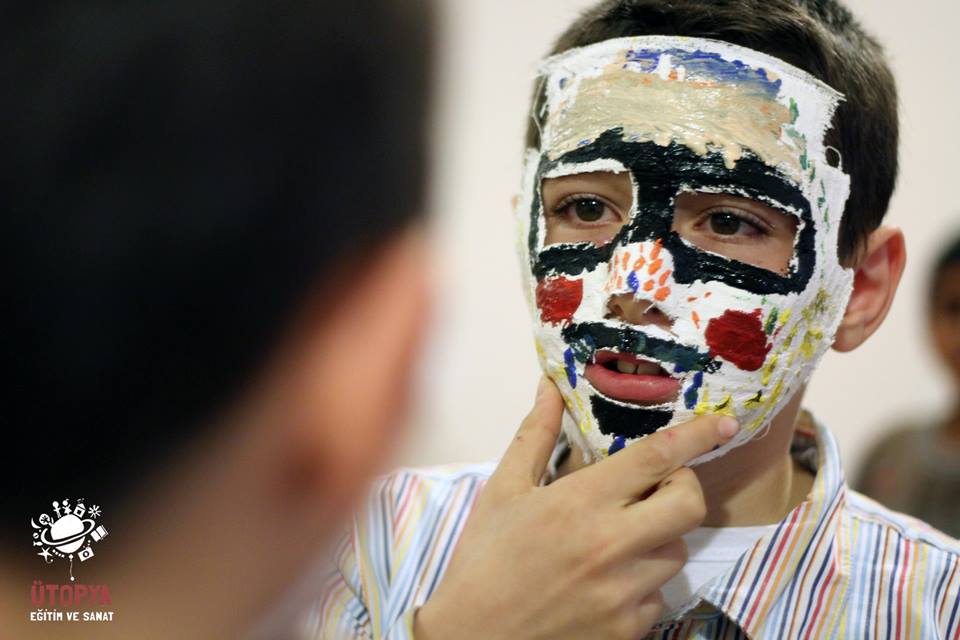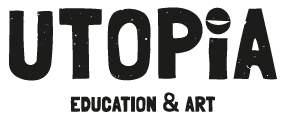WEB 2.0 TOOLS
Using technology in your classroom can have many benefits for you as a teacher by supporting your teaching goals and increasing the learning capabilities of your students. Web 2.0 tools are becoming more prevalent in the classroom, but can seem daunting for teachers who are not confident in their technological ability. There’s some good news though – these tools are generally designed to be extremely user-friendly. Even a novice can master them.
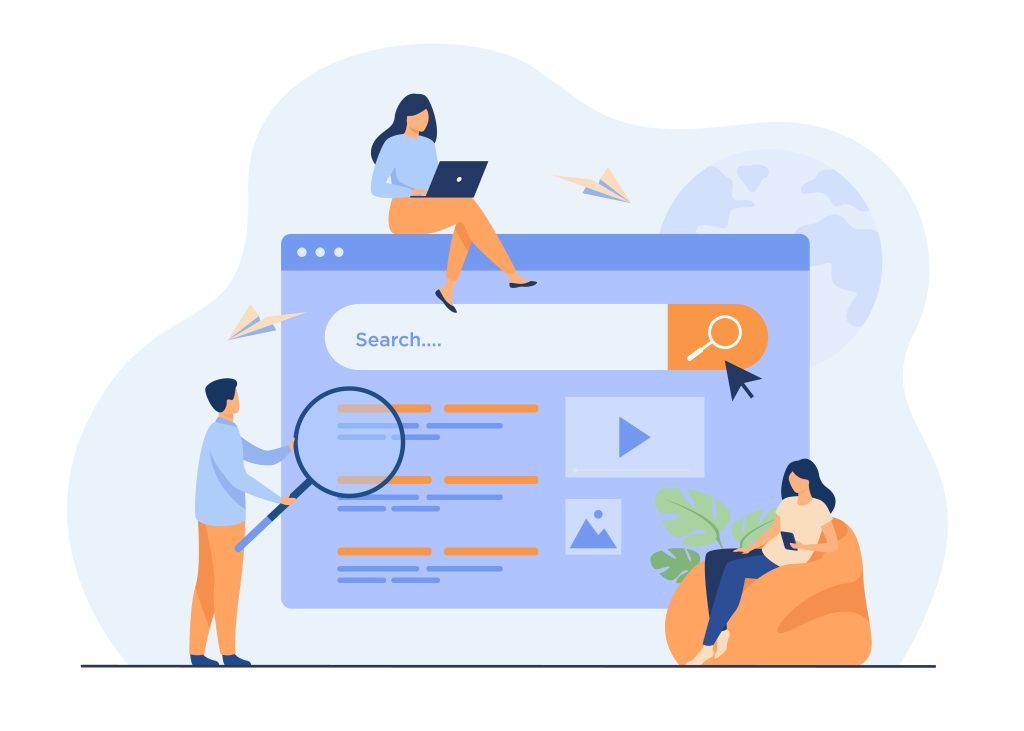
Web 2.0 is the term given to describe a second generation of the World Wide Web that is focused on the ability for people to collaborate and share information online. Web 2.0 basically refers to the transition from static HTML Web pages to a more dynamic Web that is more organized and is based on serving Web applications to users.
Other improved functionality of Web 2.0 includes open communication with an emphasis on Web-based communities of users and more open sharing of information. Over time Web 2.0 has been used more as a marketing term than a computer-science-based term. Blogs, wikis, and Web services are all seen as components of Web 2.0.
Web 2.0 was previously used as a synonym for Semantic Web, but while the two are similar, they do not share precisely the same meaning
Web 2.0 tools are tools of technology that allow teachers and students alike to create, collaborate, edit and share content online that is user-generated.
These can include tools for presentation, research, collaboration, audio, video, slideshow, images, music, drawing, writing, organizing, mapping, quiz and test generation, file storage and web pages, and also tools for graphing and conversion. New tools are being developed all the time, so it is important to be informed about the newest trends in education in order to keep up with the technology that surrounds the lives of your students.
Using technology in your classroom can have many benefits for you as a teacher by supporting your teaching goals and increasing the learning capabilities of your students. Web 2.0 tools are becoming more prevalent in the classroom but can seem daunting for teachers who are not confident in their technological ability. There’s some good news though – these tools are generally designed to be extremely user-friendly. Even a novice can master them.
- Use of WEB2.0 tool in basic level
- Use of Web2.0 tool in class
- Use of WEB2.0 tools for evaluation
- Use tools to design and create artistic materials,
- Know about internet ethic and security,
- Effective Communication through Web2.0 tools
- Using social media effectively,
- Know how to write an official email,
- Design basic web page and portfolio,
- Know various useful WEB 2.0 tools to be used at class.
Yes, we organize local transportation, hotel, food, cultural visit, and social activities. Please contact us about the details and the offers. We prefer to offer organization fee and the options when your project is granted by Erasmus Plus due to the fact that the cost is changing from date to date and the locations.
Yes, we do. Utopia has working fields like art, play, pedagogy, and other alternative methods. If your idea fits our vision and our resources we can propose you a tailor-made programme according to your needs. We create groups with minimum 6 participants. If you have 6 participants or more we can organize a course for you on the dates and location you prefer.
- Antalya and Istanbul, TURKEY
- Barcelonai SPAIN
A need and profile analysis will be sent to participants to determine the needs and profile of participants before the course. This form of participant profile is very important for us to see the level of knowledge and awareness about the topic, the needs of participants and expectations According to the information obtained from this form, our program is designed. Before our participants come to the country where the course will be implemented, they must make the necessary preparations for the topic. We will send to participants an information pack which has the necessary information to not to face problems during the course and other times. This package includes all logistical information (weather, currency, airport transfer, course location details, contact information, etc.) and preparations for participants for the course. In the course organization team, we have a guide for the groups for practical arrangements and the problems.
Our course is mostly conducted by non-formal education methods. Participants are actively involved in our creative drama activities, and participate in the activity in abundance and learn by having fun. We don’t like power point presentation based courses. We have materials, our body as the most important instruments and creativity. Group and individual works and experiential learning based studies are carried out.
At the end of the course, general oral and written evaluations are made and achievements of the participants are assessed. Cultural excursions and closing events are organized after the course closed with a certificate of attendance. We will share our photos, videos, reports, and materials which are produced during the course with the participants. The course will be monitoring by trainers and reports will be prepared by trainers to inform participants about the quality of the course, outcomes, evaluation results, feedbacks and etc.
- 5 days training course: €400 (including Tax)
- 7 days training course: €560 (including Tax)
- 9 days training course: €720 (including Tax)
- * Daily €80 fee includes preparation of participants, Implementation of training course, coffee break, certificates, training materials, video clip and the photos of training course, after course support and materials. Hotel, food, transportation, cultural visit, and extra activities will be not included training course fee. For the accommodation please contact with course organization team.
PAYMENT METHOD
Participants transfer %30 of the whole amount before maximum 1 months of the course date. Remaining part will be paid in cash on the last day of the training course. For the reservation during the project application, any payment will be not asked. If the project is granted, participants contact with Utopia and ask for confirmation of course participation.
- Certificate of Attendance: Issued by Utopia Education and Art Organization
- Europass Certificate: Prepared by participants and validated by Utopia Education and Art Organization
* No fee will be asked for certification.
Participants will receive the materials listed below.
- Certificates
- Video clip and the photos of the training course
- Activity reports
- Evaluation Results and report
- After course support ( A Digital File includes drama resources, music for drama activities and more.)
Daily Activities: 09:00- 17:00 (6-hour training course)
1st Day
- Welcome activity, explanation of the programme
- Get to know each other – Name games – Icebreakers
- Team Building
- General Informations about Web 2.0 Tools
2nd Day
- Social Media (Facebook, Instagram, Youtube, Twitter, Pinterest, Blogs)
- How to write an official email?
- Online Web design, Portfolio (Wix, WordPress, etc)
3rd Day
- E-classroom designers (Moodle, Google-Class, Padlet Edmodo, etc )
- Visual Design Tools
- Internet ethics and internet security
4th Day
- Digital evaluation tools
- Other useful tools:
- Map Minding Tools, Quiver, gonoodle, etc.
5th day:
- Evaluation
- Closure
- Certificate ceremony
- Cultural visit




